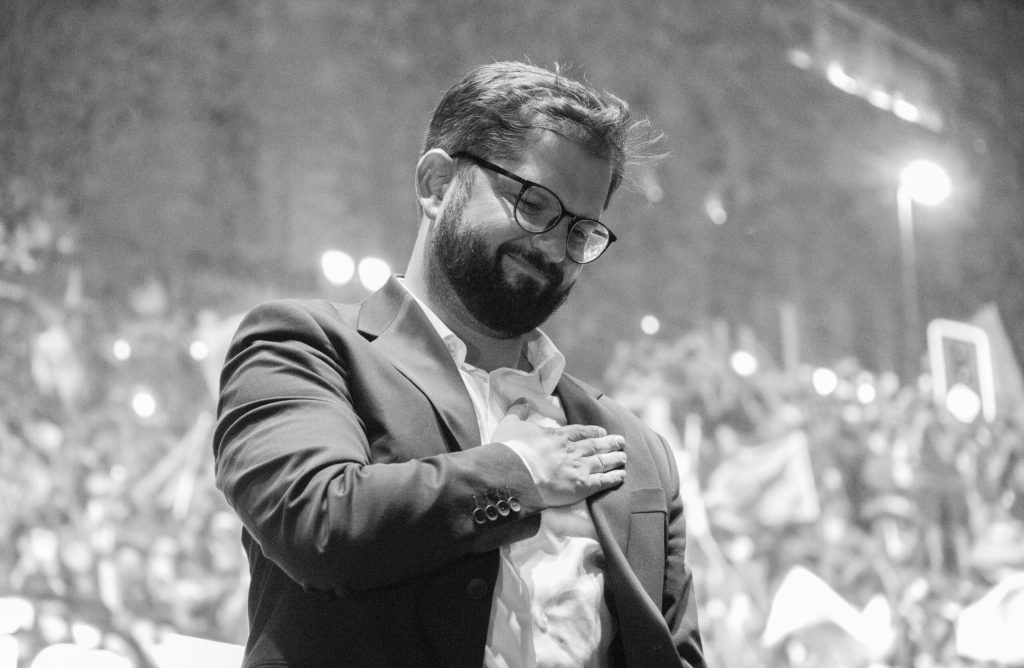
Chile has elected both its youngest president ever and its most left-wing president in fifty years. Gabriel Boric, 35, won the country’s December election on a platform of increasing government spending, raising taxes, and expanding social benefits, as well as ‘empowering’ women and Chile’s indigenous population.
Boric won with 55% of the vote in the second round of elections on December 19.
Among the seven candidates in the first election, Boric came in a very close second to right-wing candidate José Antonio Kast, leader of the party Partido Republicano (Republican Party). Then, with the Left and Right throwing their support to Boric and Kast, respectively, the two top candidates went head-to-head for a final vote which brought out a record 8.3 million voters. Boric garnered the highest number of votes in Chile’s history with 4.6 million ballots in his favor.
The Guardian reported that in rural parts of the country and on the outskirts of Santiago, where losing candidate Kast had more support, some voters complained of the lack of public transport available to take them to polling stations.
The Guardian also reported that after videos circulated on social media showing long lines at bus stops on a day of glaring sun and temperatures above 30 degrees along with images of depots full of parked buses, the minister of transportation denied accusations of deliberately cutting back on bus service in a television appearance.
Boric was a leader in the student protests in 2011 before entering politics. He unexpectedly became a presidential candidate when he beat the communist party candidate, Daniel Jadue in primaries last May. During the campaign before the second elections, he moderated his radical image—though Boric has denied being a communist.
The historic vote comes at a time of unrest in Chile. Since 2019, the country has been plagued by sometimes violent demonstrations calling for increased social services and welfare benefits. While it has started to recover from the effects of the pandemic economically, it is facing serious inflation. A commission is also in the process of rewriting its constitution, originally written during the Pinochet era. These were Chile’s most polarized elections since the restoration of democracy in 1990, with the candidates running on widely different platforms. Kast appealed voters by promising stability and peace, a socially conservative agenda, and to slow immigration.
The newspaper Via Ciudad reported mixed reactions among South American leaders.
“We give a salute to the democratic vocation of our brother people the Chileans and congratulate Gabriel Boric,” Evo Morales, former socialist president of Bolivia, wrote on social media.
Javier Milei, leader of Argentina’s libertarian party, tweeted, “After listening to Gabriel Boric’s declarations following his victory in Chile and some of his tweets in which he defines himself as a Marxist, it’s clear that all of the country’s economic gains will be put in jeopardy. He’s a person who doesn’t emulate Chavez but rather goes directly to Castro.”
Luego de escuchar las declaraciones de @gabrielboric tras su victoria en Chile y algunos de sus tweets en los que se autodefine marxista, resulta claro que todos los logros económicos del país serán puestos en jaque.
— Javier Milei (@JMilei) December 20, 2021
Es alguien que no emula a Chavez, sino directamente a Castro. https://t.co/7R2llXi75c pic.twitter.com/02dn0lc1QG
